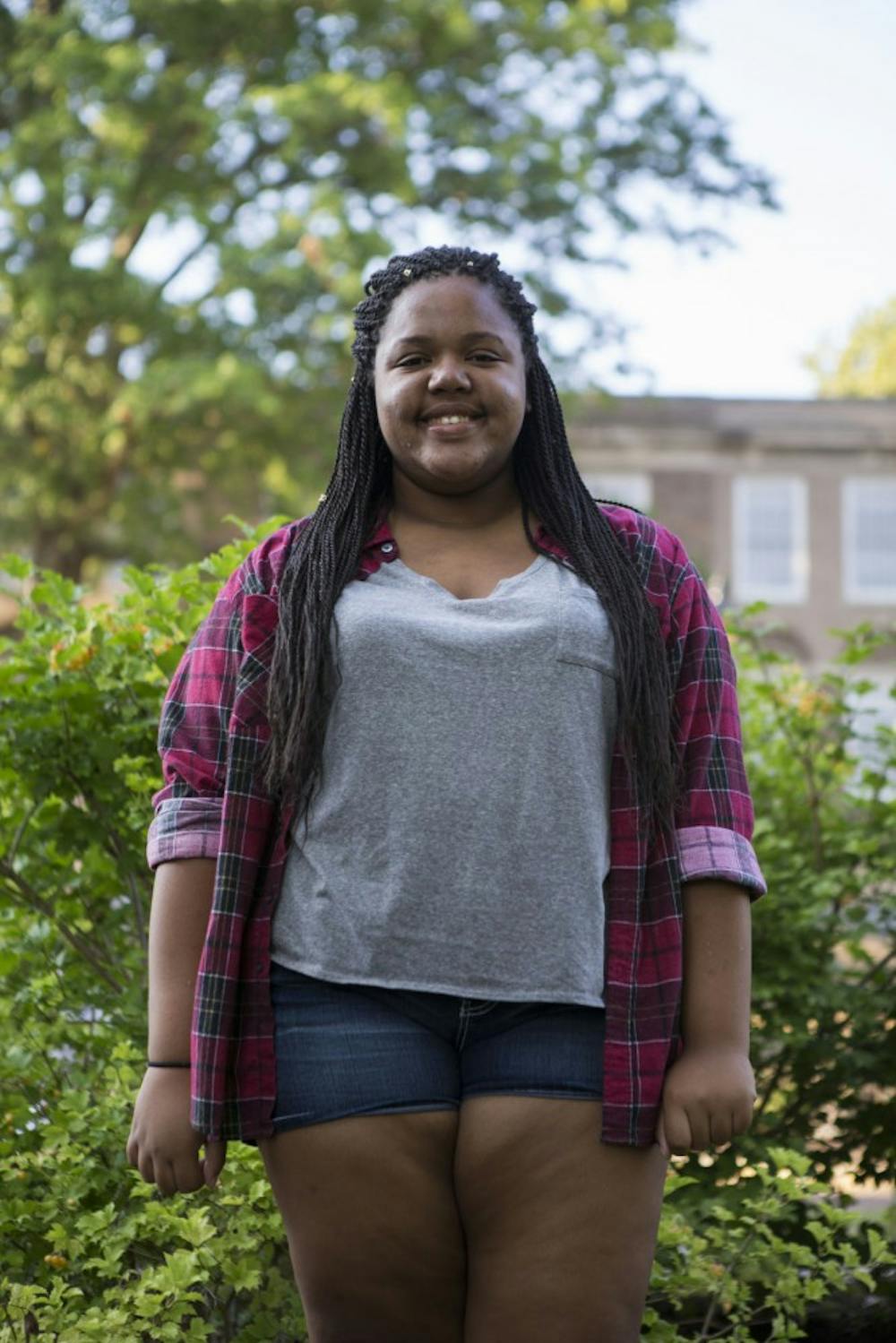Columnist Haadiza Ogwude talks about the different criticisms black women receive because of their hair.
Throughout my 19 years of life, I have experimented with every hairstyle imaginable. I’ve worn my natural hair, I’ve also have had relaxers, cornrows, box braids, straight weaves, curly weaves, afros etc. I have seen it all and done it all. One conclusion I’ve made from trying all these styles is that they’re all beautiful but they’re not all for me, and that’s OK.
In this society, black women have gotten a lot of grief over our hair and the way we wear it. If you’re natural, you get criticized for looking too “afro-centric.” If you wear weave, you’re told that you’re “self-hating”, and that you’re trying to emulate European hair. If you wear braids, you’re called “ghetto.”
It’s not only the style, it’s also the color of our hair as well. If we so much as deviate a shade from black or brown our hair is seen as crazy or wild. We can’t have red, blonde, purple, blue, etc hair without being seen as “ratchet.”
Every style is wrong, every color is wrong, and nothing is ever good enough. Why do we, as black women, always have to explain why we wear a certain style? Can we not just wear the style we want to wear, with no explanations or disclaimers? But also, why do we have to judge other people based on the way they choose, or not choose, to wear their hair?
Deciding to wear your hair one way or another is a right that black women have been fighting for, and continue to fight for to this day. Even within our own community, we are struggling to overcome the stereotypes and myths associated with various styles.
{{tncms-asset app="editorial" id="7e718c98-687d-11e5-843c-ef8f94f7c1e6"}}
“For black women, you’re damned if you do, damned if you don’t,” said Ingrid Banks, an associate professor of Black Studies at the University of California at Santa Barbara. “If you’ve got straight hair, you’re pegged as selling out. If you don’t straighten your hair, you’re seen as not practicing appropriate grooming practices.”
Banks also stated that making the choice to wear your hair a certain way is more important than the resulting hairstyle. “If a black woman makes a choice to relax her hair, or to cut all her hair off, or just do nothing to it, it’s empowering to make that choice.” She said black women on plantations didn’t have that luxury.
Haadiza Ogwude is a sophomore studying journalism. Do you think there are still stereotypes for black women and their hair? Tweet Haadiza @AdoreHaadiza or email her at ho299413@ohio.edu.






